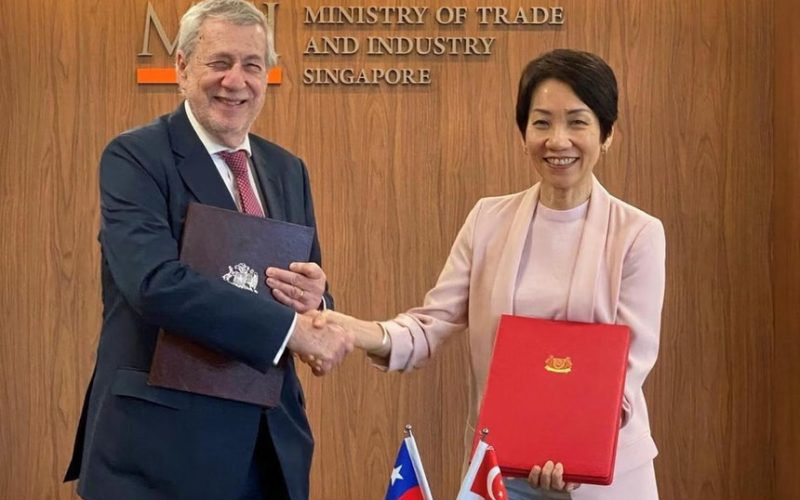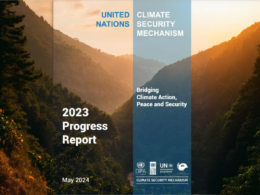Chile has become the fifth country to sign a carbon trading agreement with Singapore, further strengthening the Republic’s international efforts to mitigate climate change through high-integrity carbon markets.
The bilateral implementation agreement, formalised on 7 April between Singapore’s Minister for Sustainability and the Environment, Grace Fu, and Chile’s Foreign Affairs Minister, Alberto van Klaveren, marks another strategic step under the framework of the Paris Agreement. The deal enables Singapore to eventually purchase carbon credits from emission-reduction projects in Chile to offset part of its own greenhouse gas emissions.
Chile joins Bhutan, Ghana, Papua New Guinea, and Peru – which inked a similar deal on 1 April – in Singapore’s growing network of carbon trading partners. These agreements allow carbon tax-liable companies in Singapore to offset up to 5 per cent of their taxable emissions using credits from approved international projects. Each carbon credit represents the avoidance or removal of one tonne of carbon dioxide from the atmosphere.
“This implementation agreement will unlock additional mitigation potential in Chile and will help Singapore meet our climate target while bringing climate investments into Chile,” Ms Fu noted, adding that the initiative would also foster active participation from the private sector.
Under its climate strategy, Singapore intends to use up to 2.5 million tonnes of high-quality international carbon credits annually from 2021 to 2030 to supplement domestic mitigation efforts. For example, by 2030, Singapore’s projected emissions of 62.51 million tonnes are expected to be lowered to 60 million tonnes through the use of such credits.
The partnership with Chile also highlights the countries’ strong diplomatic ties, as they marked 45 years of formal relations in 2024. Their collaboration spans various trade and economic initiatives, including the Comprehensive and Progressive Agreement for Trans-Pacific Partnership (CPTPP), the Pacific Alliance-Singapore Free Trade Agreement, and the Digital Economy Partnership Agreement.
According to Singapore’s Ministry of Trade and Industry (MTI), carbon projects under this agreement will not only contribute to emissions reduction but also generate socio-economic benefits for local Chilean communities, including job creation and enhanced energy security.
In a parallel development, Singapore is in the process of procuring its first nature-based carbon offsets. Seventeen project proposals, each capable of delivering at least 500,000 carbon credits, have been submitted in response to a government call that closed in February. A second round for other high-quality offsets is expected later in the year.
Nature-based credits typically stem from initiatives such as forest restoration, conservation, and sustainable agriculture, while technological credits may involve carbon capture and storage solutions. Singapore has also pledged to voluntarily contribute 5 percent of proceeds from carbon credit purchases to climate adaptation efforts in host countries.
Singapore is currently in negotiations with over 15 other nations – including Malaysia, Cambodia, and Colombia – to establish similar carbon trading partnerships, signalling the city-state’s ambition to play a pivotal role in shaping the future of global carbon markets.
















